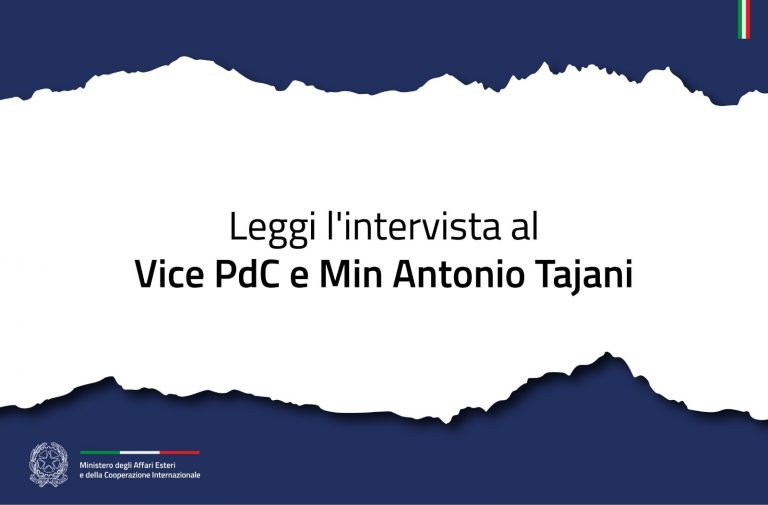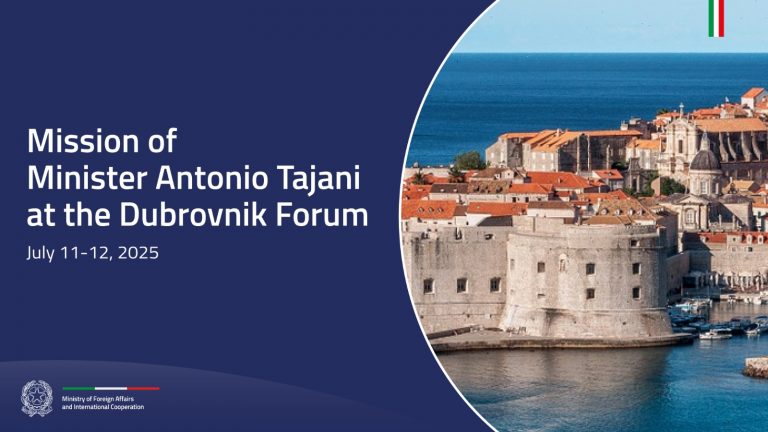“Italy has contributed to the multilateral response to the pandemic by providing Euro 416 million, Euro 385 million of which was for the Covax Facility. This is the international programme for access to the vaccine, which we believe to be the best tool for ensuring fair, safe, and effective distribution”. This was said at the “Overcoming the Health Emergency in the Mediterranean Countries” event promoted by UIL, and the Vice Minister of Foreign Affairs, Marina Sereni, went on to say: “In the Mediterranean only 2 of the 22 Countries in the Region have administered at least one dose of vaccine to more than 50% of their population, whereas most of the others have vaccinated less than 1% of the population. This must be seen in relation to the WHO estimate that at least 300 million doses are required to vaccinate the priority groups, which make up 20% of the Region’s population”.
“Stepping up the production of vaccines,” continued V.M. Sereni, “is a determining factor in speeding up the immunisation campaign worldwide. We need to help low income countries to make vaccines locally, not least because in the future we will probably need to have further vaccination cycles, and so stepping up local production is key. Italy is in favour of the European Commission’s initiative to produce vaccines and health products in the poorest countries, and therefore considers with interest the waiver of patents for Covid-19 vaccines. However, it believes that this must be targeted, for a limited time, and must not compromise the propensity towards innovation at pharmaceutical companies”.
“Effective action to safeguard the environment,” explained the Vice Minister, “can mitigate the risk of new health threats. The Rome Declaration at the recent World Health Summit stresses the importance of continuing with the ‘One Health’ approach, to preserve human, animal, and environmental safety. This is an essential priority of Italy’s G20 Presidency. International financial institutions must therefore provide countries that have low income with the support necessary to prevent this health crisis from turning into a wave of crises in terms of sovereign debt. These questions are key, as they could allow us to come out of the crisis”, concluded V.M. Sereni, “and build a better future”.





